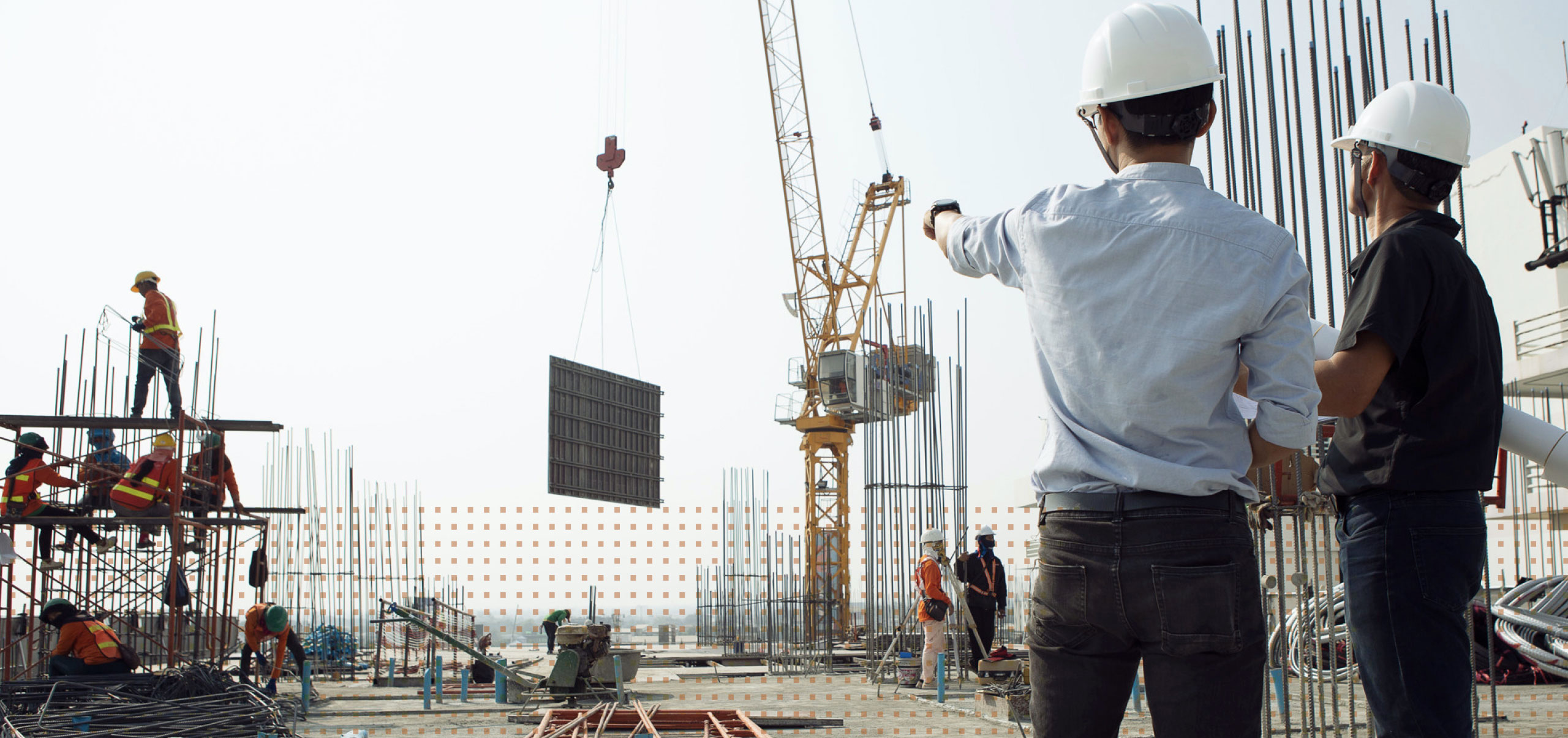Managing construction material is a critical part of ensuring the project’s success, given that contractors spend 40-70% of the project cost into buying building material. Yet, it is not uncommon to see large amounts of waste material at construction sites after the project is completed. With proper materials requirement planning, this would be preventable.
Material management is a complex process that can make or break a construction company. Effective material management helps get work completed on time, boosts profits, and ensures positive cash flow.
The aim of material management is to get the right quantity of construction and building materials from the right supplier, at the right time, right place, for the right cost.
1. Get the Right Quantity

To get the right quantity of building materials, it is essential to have a material take-off. The purpose of material take-off is to obtain an actual total quantity of materials with the correct specification that will be used in the construction project.
Once the take-off quantity is established, it will serve as a baseline to allow the person in charge to cross examine whether materials ordered by the project site are within the project’s budget. In order to prevent multiple or over-ordering from occurring, having a system that will alert the person in charge early will be useful.
2. Choose from the Right Supplier

The cost of construction and building materials should not be the sole deciding factor for choosing the right supplier. The right suppliers should have the capability to deliver the quantity of materials you require, and to do so according to the delivery schedule. Other factors to look out for when selecting a materials supplier include credit facility and after-sales support.
It is advisable to always have at least one backup supplier for every material you order for your project site. This ensures the projects will run smoothly even if your first-choice supplier was unable to deliver for some reason.
3. Purchase at the Right Time

While buying your construction materials in bulk no doubt saves money, delivering these materials before they are needed may pose a few risks such as damage and theft. Furthermore, delivering large quantities of materials in advance is unwise as you will have to bear the cost of transfer and storage. Similarly, delivering the materials too late will cost you idling and operation costs.
It is always optimum to ensure construction materials are delivered right before you need to use it. This will allow sufficient time for material inspection and reduce the risk of theft and damage.
4. Deliver to the Right Place

Most project sites are huge; moreover, contractors may have different teams working at different locations in a project site. Loading and unloading bulky material are expensive as both will incur machinery cost.
Therefore, it is important to ensure materials are being delivered to the right place. This will eliminate double handling or unnecessary storage, and ensure the quality of material is preserved, which would otherwise be jeopardised during unnecessary double handling.
5. Purchase at the Right Cost

As contractors spend most of their project value purchasing building material, it is essential to purchase them at the right cost to ensure profitability. During the material procurement stage, it is advisable to cross check with prices quoted during the tendering stage. Price comparison and negotiation skills are useful and important in obtaining the best price possible.
In summary, it is obvious how complex the material management process can be. With so many factors at play, there are bound to be mistakes here and there, which will affect the bottom line should it get out of hand.
With evolving construction software technology these days, it can be much easier to manage, especially if your company uses an e-procurement software, or a material management module in an ERP system. One such example is Speedbrick COMPOSE, a software (mobile/desktop) that streamlines your purchasing workflow. Users of Speedbrick COMPOSE have reported positive results such as increased project profits and better materials management (purchasing costs stay within the allotted budget).
Furthermore, Speedbrick COMPOSE provides several features such as historical price trends, automatic monthly material report generation, overbudget alerts, among many others. Users can prevent duplicate efforts and have increased visibility throughout the purchasing cycle, from material request to matching.
About Speedbrick Solutions
Speedbrick Solutions builds easy to use software for contractors to do more with less. Allowing contractors to monitor risks ahead of time, on mobile. Currently Speedbrick has 4 products: procurement management, revenue management, subcontractors management and business analytics dashboard.
Currently, Speedbrick is servicing contractors in Malaysia and Singapore.
Find out more at www.speedbrick.com.See Speedbrick in action
Schedule a free demo with us to see how we have served projects worth more than RM13.2b, and achieved 99% client satisfaction along the way.

